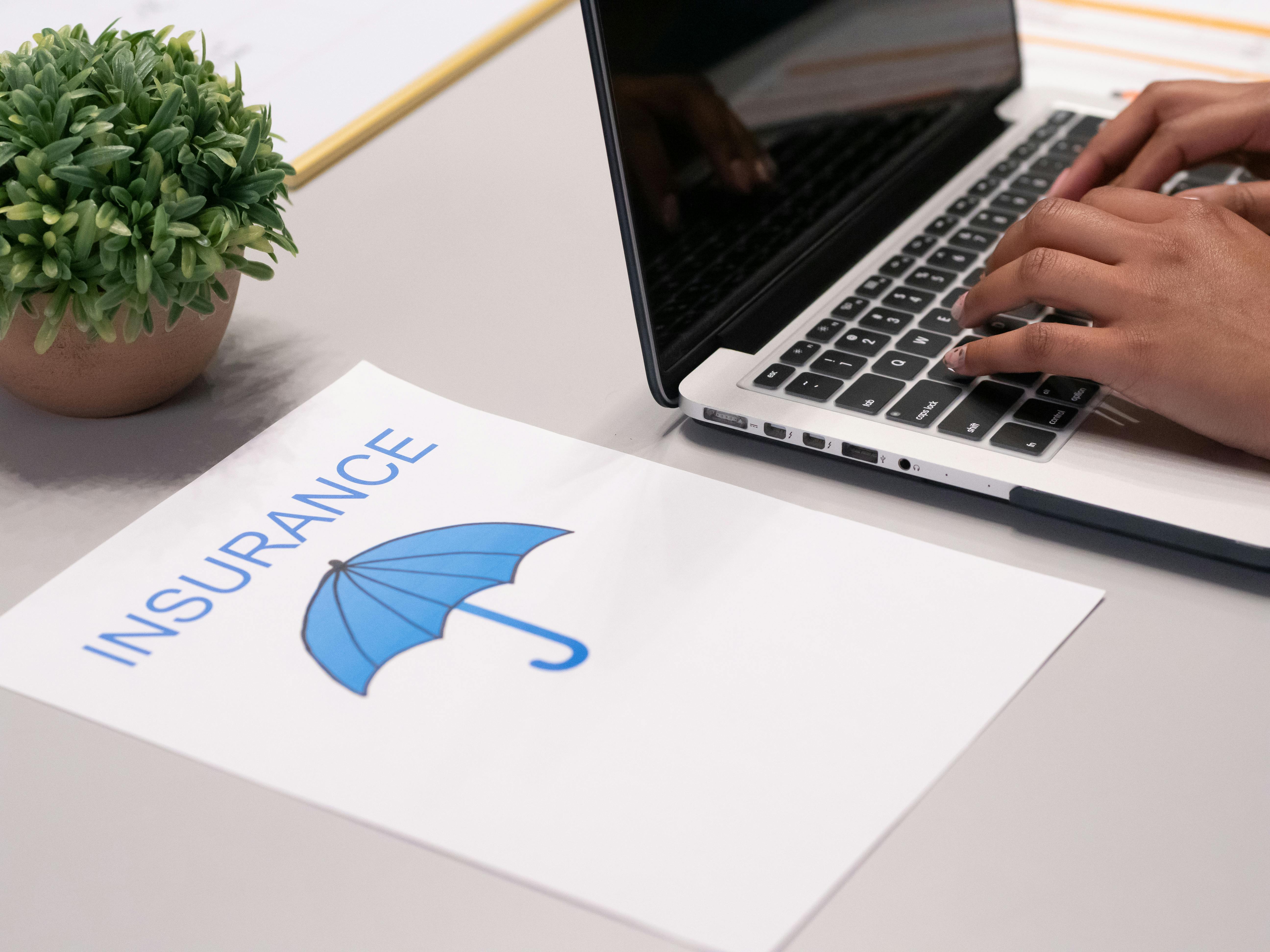
Blockchain's Transformative Impact on Accounting Practices: A Comprehensive Analysis
Blockchain's Transformative Impact on Accounting Practices
Introduction to Blockchain in Accounting
Blockchain technology is fundamentally reshaping accounting practices by introducing unprecedented levels of transparency, security, and efficiency. Traditional accounting methodologies have long been characterized by centralized record-keeping, manual reconciliation processes, and inherent vulnerabilities to fraud and human error. Blockchain's decentralized ledger technology offers a paradigm shift, enabling real-time, immutable financial documentation that transcends geographical and institutional boundaries.
Key Technological Transformations
The integration of blockchain into accounting practices represents a sophisticated technological evolution. By creating cryptographically secured, distributed ledgers, blockchain enables instantaneous transaction verification, reduces reconciliation time, and provides an unalterable historical record of financial activities. This technological infrastructure allows for triple-entry accounting, where each transaction is simultaneously recorded by the sender, receiver, and an independent blockchain network, dramatically reducing the potential for discrepancies.
Global Regulatory Landscape
Different jurisdictions are developing nuanced regulatory frameworks to accommodate blockchain's accounting innovations. In the United States, the Securities and Exchange Commission (SEC) has been progressively developing guidelines for digital asset accounting. The British Virgin Islands and Cayman Islands have emerged as particularly blockchain-friendly jurisdictions, offering robust legal structures for cryptocurrency and tokenized asset management.
Comparative Regulatory Frameworks
| Jurisdiction | Blockchain Accounting Approach | Regulatory Maturity |
|---|---|---|
| United States | Comprehensive SEC Guidelines | High |
| Switzerland | Progressive Crypto Regulations | High |
| Cayman Islands | Flexible Digital Asset Framework | Medium-High |
| Liechtenstein | Blockchain Act Implementation | Medium |
Top Blockchain Accounting Protocols
1. Chainlink
A decentralized oracle network that provides real-time financial data verification, enabling smart contract-based accounting processes with high reliability and accuracy.
2. Corda
Enterprise-grade blockchain platform specifically designed for financial institutions, offering advanced privacy and interoperability features for complex accounting environments.
3. Hyperledger Fabric
An open-source blockchain framework that supports sophisticated accounting workflows, particularly suited for enterprise-level financial tracking and auditing.
Market Analysis and Future Projections
According to recent market research, the blockchain in accounting market is projected to grow from $299.1 million in 2022 to approximately $1.8 billion by 2027, representing a compound annual growth rate (CAGR) of 43.3%. This exponential growth reflects increasing institutional confidence in blockchain's capacity to transform financial record-keeping.
Technical Challenges and Innovations
While blockchain presents remarkable opportunities, several technical challenges remain. Scalability, energy consumption, and complex integration with legacy systems represent ongoing areas of technological development. Advanced consensus mechanisms like Proof-of-Stake (PoS) and Layer-2 scaling solutions are progressively addressing these limitations.
RWA.codes: Blockchain Technology Solutions
At RWA.codes, we specialize in developing sophisticated blockchain solutions tailored to accounting and financial technology needs. Our expertise spans tokenization strategies, smart contract development, and comprehensive blockchain integration services designed to help organizations navigate this transformative technological landscape.
Our multidisciplinary team combines deep technical knowledge with legal and regulatory expertise, ensuring that blockchain implementations are not only technologically robust but also fully compliant with evolving global standards.
References
- Gartner Blockchain Accounting Report 2023
- SEC Digital Asset Accounting Guidelines
- International Accounting Standards Board (IASB) Blockchain Insights